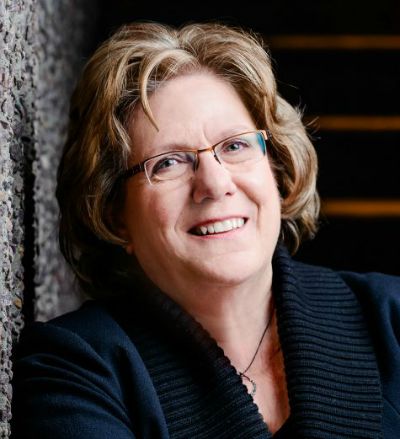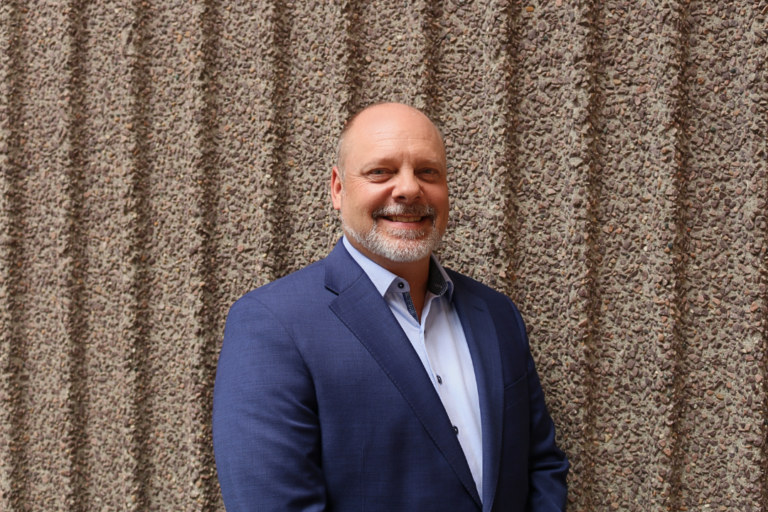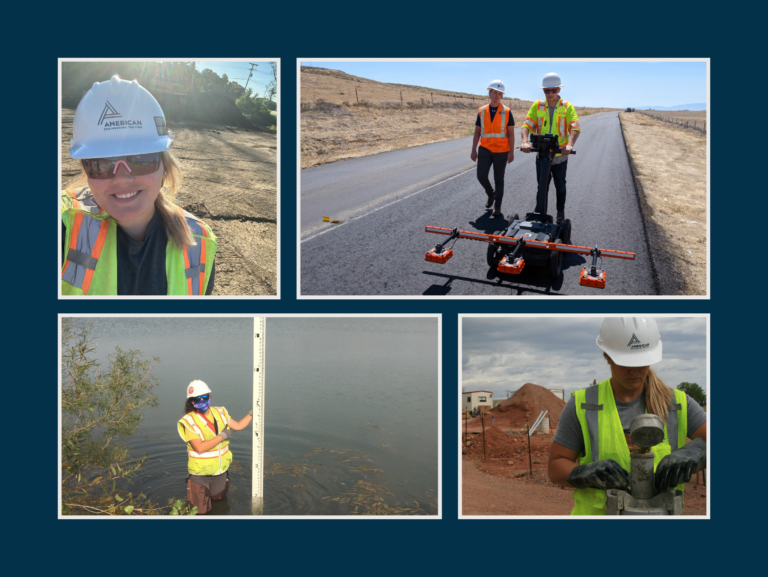“Mentors” and “Mentoring” are being discussed by most everyone these days, but what do they really mean for you and your career? Let’s start by first removing the mystery that frequently surrounds the idea of mentoring. The Oxford Dictionary defines a mentor as “an experienced and trusted adviser” with “coach, counsel, guide, and tutor” as synonyms. Most of us can say we’ve been guided by a coach, tutor, teacher or other influential person in our life. These people were your mentors, though you may not have realized it or called them “mentors.” Mentors can help you in many ways such as developing skills you need to reach your goals, understanding your own strengths and weaknesses, suggesting alternative ways of thinking and opening doors to new opportunities. My mentors have been people who are willing to share their views and opinions, are honest and inspire me to grow personally and professionally.
Because mentoring is considered a key element to career success, let’s also take the mystery out of finding mentors. When you are looking for a mentor there is no magic spell to make one appear or a “one-size fits all” approach to mentors. There are no rules about how and where you find a mentor, but it will also take a little work on your part to develop these relationships. My mentors have been teachers, bosses, family members, colleagues (both inside and outside my organizations) and friends; both men and women of all ages.
So how and where did I find my mentors? Start with one or more of the following keys I’ve used to build my mentoring relationships and see how they work for you:
Take the initiative and start the conversation: Ask questions, listen and be open to what people around you have to say. Inquire about a project someone is working on or start an informal conversation at a networking event, but use what is comfortable for you. For me, I ask my friends and colleagues questions and relate how their experiences, positive or negative, could apply to my situations. Be prepared to give something back, too. You will develop a strong mentoring relationship when you create a two-way street.
Include both women and men as mentors: Seek out a mentor based on their skills and background, not their gender. My doctoral advisor gave me advice that I carry with me every day, “It doesn’t matter what you want to do in the future. What matters is today. Can you say you’ve done your best work today? If you do that, tomorrow will be fine.” At my first consulting job my boss taught me that it was my responsibility to lead the team and I was ultimately accountable for the success and/or failure of the project; there is no “passing the buck” down to people who work for you. His advice taught me that I needed to improve my leadership and team building skills and hold myself accountable.
Choose more than one and mentors of all ages: A mentor can be anybody who has the time for a conversation. One mentor may help you navigate your career path, another may discuss the issue of work-life balance (if there is such a thing), and others may help you understand workplace dynamics. My mentors come in many forms and all ages. Several of my mentors are younger than me who offer generationally different perspectives. It’s too easy to get wrapped up in one’s own bubble; look around, you may find a nugget or two of wisdom and guidance from those you least expect it.
Consider informal and formal mentors: Many workplaces are beginning to offer formal mentoring programs, but you may find as I have, that informal mentoring relationships can be just as rewarding if not more so. Different mentoring pathways include face-to-face mentoring, online mentoring, internships, job shadowing, networking groups, community and professional organizations and family and friends. Many of my mentors have developed from informal relationships outside of the workplace; having conversations about our careers and life and seeking advice is something many of us do. You most likely have these relationships established! My mother was my mentor as I was growing up because she graduated from college in 1947 with a degree in chemistry and always showed me that girls could do anything.
Resolve to start today: Take one small step today and contact someone with whom you want to build a mentoring relationship. There is someone whose skills and experiences you admire and are excited to learn more about. Reach out, start the conversation and ask them one thing you would like to learn from them. You have just taken the first step towards a mentoring relationship!
So what are you waiting for? Reach out and start the conversation. Take that step today and develop a great mentoring relationship. Even though the risk of rejection can be intimidating, more young professionals should be seeking out mentors. The bottom line is if you want a mentor, your first step is to just to ask. Nothing ventured; nothing gained.
I hope you see that mentors and mentoring are not that mysterious after all.
– Gail Cederberg
Recommended Reading:
Gallo, A. (2011, February 1). Demystifying Mentoring.
Neal, S., Boatman, J., & Miller, L. (2013, March). Women as Mentors; Does She or Doesn’t She? A Global Study of Businesswomen and Mentoring.
Wallace, R. (2014, January 17). 5 Tips on How to Be a Good Mentor.
Women on the Rocks is a blog that discusses the successes, challenges, and various tools for women in the science and engineering profession. While Women on the Rocks is a gender specific blog, its purpose is to provide a space for everyone in the science and engineering profession to have honest discussions about their experiences in the field. The blog is written by Willy Morrison and Gail Cederberg, PhD, and is edited by Rebecca Wegscheid; for their bios please see our introductory post. As the series grows WotR will be including pieces from guest authors (maybe you!). Your comments are welcomed and encouraged.
While this article is hosted on the American Engineering Testing, Inc. website, the views and opinions expressed here are those of the author and not necessarily held by American Engineering Testing, Inc. itself.



